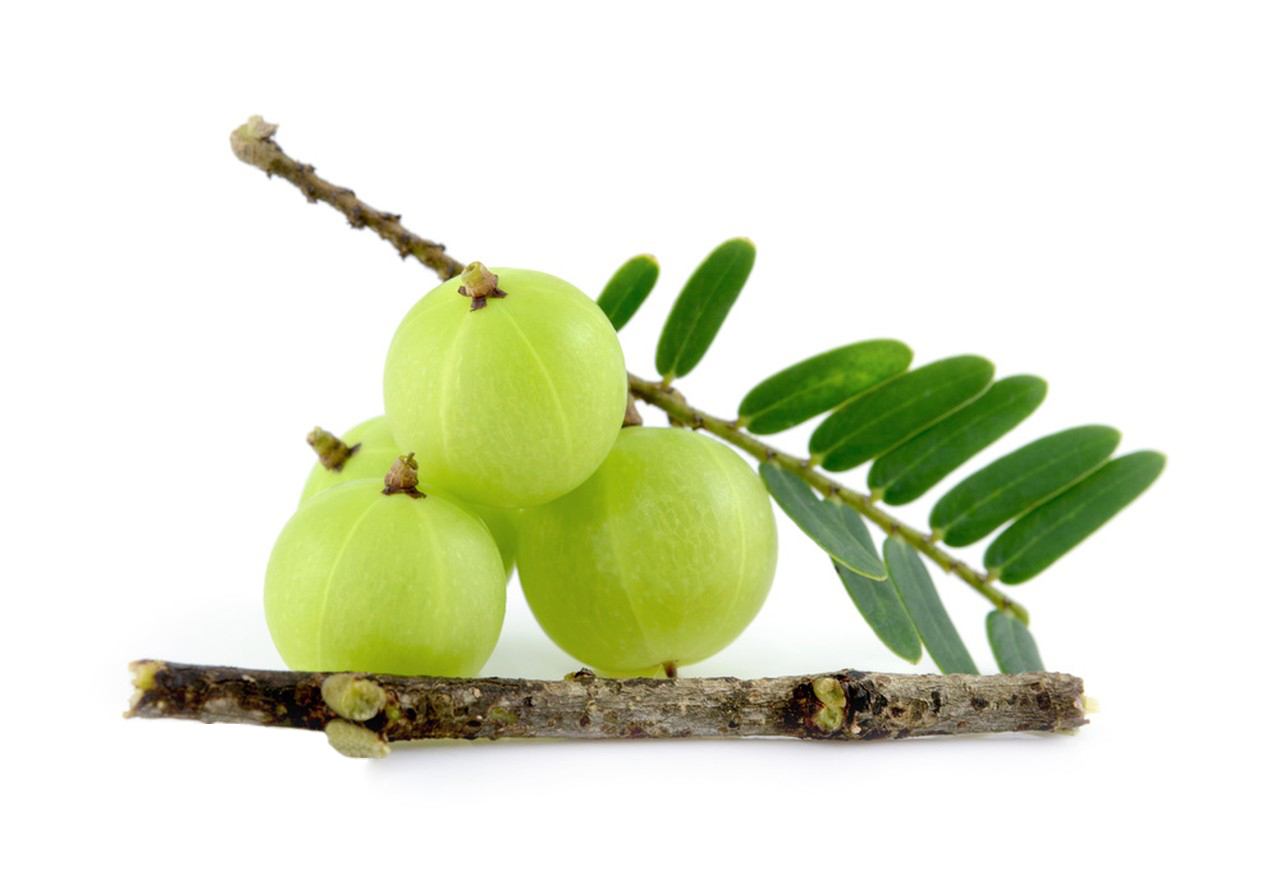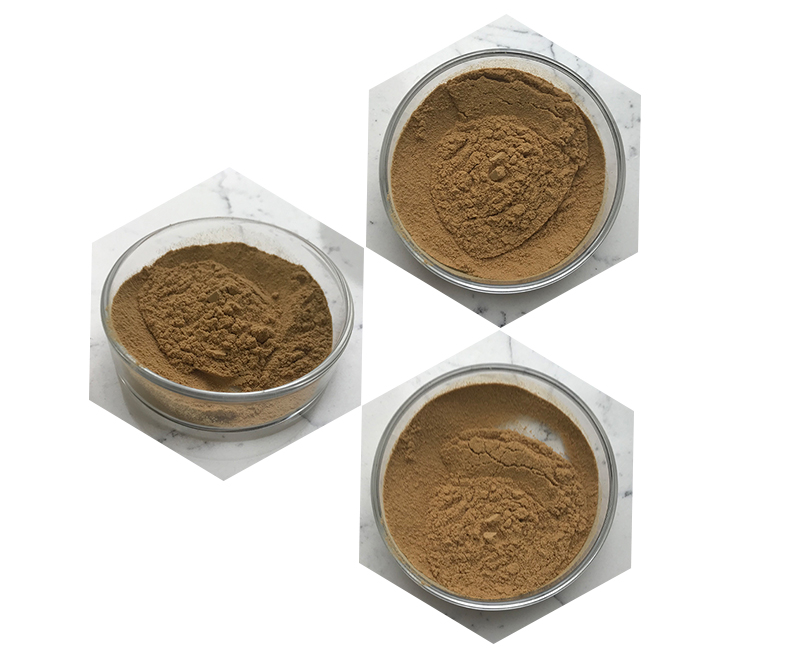Phyllanthus Emblica extract, commonly known as Indian gooseberry or Amla, is a fruit that has been used in traditional medicine for centuries, particularly in Ayurveda. Its extract is known for various health benefits but also has potential drawbacks. Here are the pros and cons of Phyllanthus Emblica extract:
Pros of Phyllanthus Emblica Extract:
1.Rich in Nutrients:
High Vitamin C Content: Amla is one of the richest sources of vitamin C, which boosts the immune system, helps in collagen synthesis, and has antioxidant properties.
Antioxidants: Contains numerous antioxidants like flavonoids, polyphenols, and tannins that help in combating oxidative stress and free radicals.
2.Anti-inflammatory Properties:
The extract has anti-inflammatory properties that may help in reducing inflammation and associated conditions such as arthritis.
3.Supports Digestive Health:
Amla is known to improve digestion, reduce acidity, and alleviate constipation. It enhances the function of the digestive system and promotes a healthy gut.

4.Heart Health:
May help in reducing cholesterol levels and preventing the buildup of plaque in arteries, thereby supporting cardiovascular health.
5.Hair and Skin Benefits:
Amla extract is widely used in hair care products to strengthen hair, promote growth, and prevent dandruff. For the skin, it can help in reducing pigmentation and promoting a healthy complexion.
6.Blood Sugar Regulation:
Some studies suggest that Amla can help in regulating blood sugar levels, making it potentially beneficial for people with diabetes.
7.Liver Health:
Known to support liver function and help in detoxification processes.
8.Antibacterial and Antiviral:
Amla has properties that help fight infections by inhibiting the growth of harmful bacteria and viruses.
Cons of Phyllanthus Emblica Extract:
1.Potential Allergic Reactions:
Some individuals might be allergic to Amla, resulting in symptoms like itching, swelling, or rashes.
2.Interaction with Medications:
Amla extract can interact with certain medications, such as blood thinners (e.g., warfarin), anti-diabetic drugs, and other medications that affect liver enzymes.
3.Gastrointestinal Issues:
In some cases, Amla extract can cause gastrointestinal issues like diarrhea or upset stomach, especially if taken in large doses.
4.Hypoglycemia:
While beneficial for regulating blood sugar, excessive consumption can lead to hypoglycemia, especially in individuals on anti-diabetic medications.
5.Impact on Blood Pressure:
Amla can influence blood pressure levels, potentially causing issues for individuals with hypotension or those on blood pressure medications.

6.Tannins Content:
The high tannin content in Amla can interfere with the absorption of certain nutrients and medications if consumed in large quantities.
7.Oxalate Content:
Amla contains oxalates, which can contribute to the formation of kidney stones in susceptible individuals, particularly if consumed in large amounts.
Conclusion:
Phyllanthus Emblica extract offers a wide range of health benefits, from boosting immunity to promoting heart and digestive health. However, it should be used with caution, considering potential allergies, interactions with medications, and the risk of gastrointestinal issues. As with any supplement, it’s advisable to consult with a healthcare provider before starting to ensure it fits well with your individual health needs and conditions.
